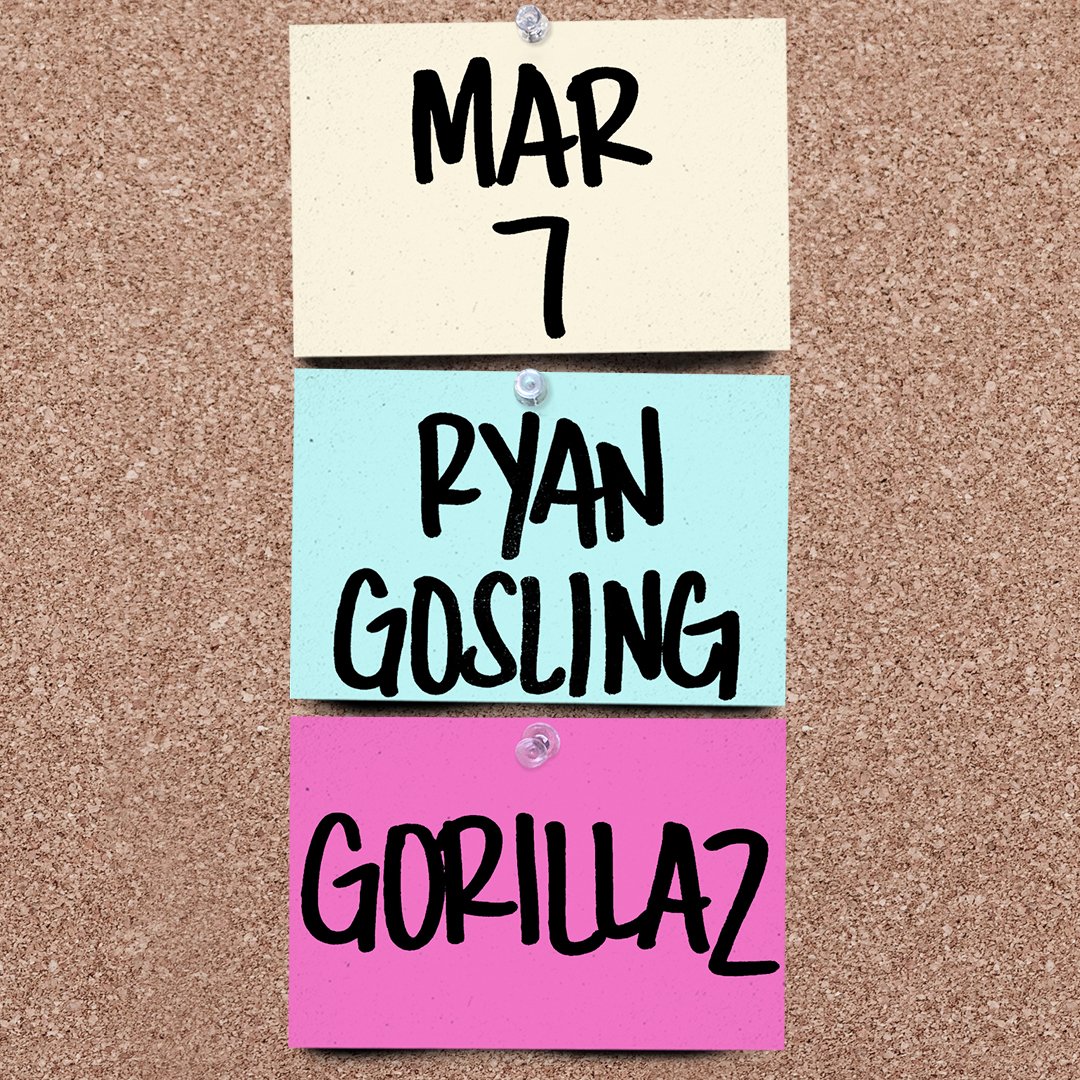Slate has published a report offering surprisingly compelling evidence that Bob Dylan referenced and outright quoted passages from the Spark Notes for Moby Dick in his recent literature-focused Nobel Prize Lecture without citation. One might think that Dylan’s general, freeform explanations of many of the main characters and boilerplate themes of Herman Melville’s novel could just coincidentally overlap with Spark Notes’ simply-worded, overarching summaries. However, as Slate shows, there are specific similarities in the language used by Dylan and Spark Notes, using phrases that are not included in the novel, that seem much to close to be coincidental, especially considering that the lecture came from the collage-and-quotation king of rock music.
One notable example of this comes when comparing a passage from Spark Notes’ broad-stroke “Summary” of Meville’s plot to Dylan’s text. Here’s Spark Notes:
“Captain Boomer has lost an arm in an encounter with Moby Dick. … Boomer, happy simply to have survived his encounter, cannot understand Ahab’s lust for vengeance.”
Here’s Dylan:
“Captain Boomer -- he lost an arm to Moby. But … he’s happy to have survived. He can’t accept Ahab’s lust for vengeance.”
The fairly specific phrase “lust for vengeance,” as Slate writer Andrea Pitzer points out, is not in the novel.
The shared description of the character Gabriel is also convincing: Spark Notes (in the same “Summary” section as the “vengeance” passage) refer to him as a “crazed prophet,” while Dylan called the character a “crazy prophet.” Neither is a Melville description, nor is that phrasing used in any other text I could readily find accounted for on the Internet. Here’s Spark Notes: “One of the ships … carries Gabriel, a crazed prophet who predicts doom for anyone who threatens Moby Dick.” Here’s Dylan: “There’s a crazy prophet, Gabriel, on one of the vessels, and he predicts Ahab’s doom.”
Another character description of Stubb, stated by both Dylan and the Spark Notes team (on their “Characters” summary page), is that Stubb assigns no or little “significance to anything.” This is also not from the novel.
Pitzer’s report offers 11 examples of similar passages, many of which do not involve quotations from the novel.You can check out an infographic with side-by-side comparisons and more information at Slate’s website. Dylan delivered the lecture, which he offered as a recording rather than delivering live, shortly before the deadline he had been given to do so. Listen to the speech, which lightly mocks the fact that his work is even being considered “literature” in the first place in its conclusion, below.
This article originally appeared on Spin.






